Summaries of books about Ancient History:
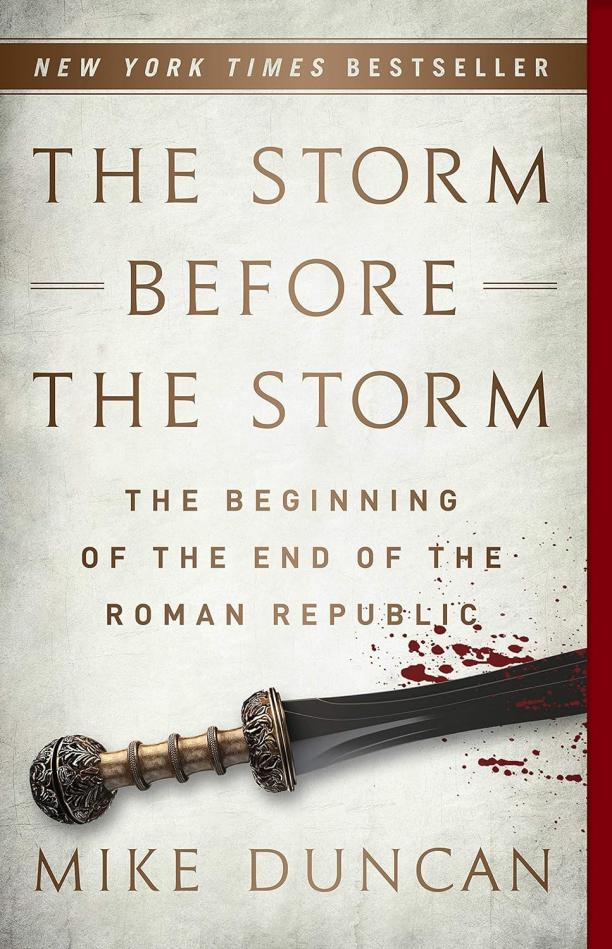
The Storm Before the Storm
The Beginning of the End of the Roman Republic
Mike Duncan
The book delves into the factors leading up to the fall of the Roman Republic, focusing on the period from 146-78 BC, including political corruption, social unrest, and the erosion of traditional institutions. It examines key figures and events that set the stage for the eventual rise of autocratic rule, signaling the end of the Republic and the beginning of the Roman Empire.
See full summary
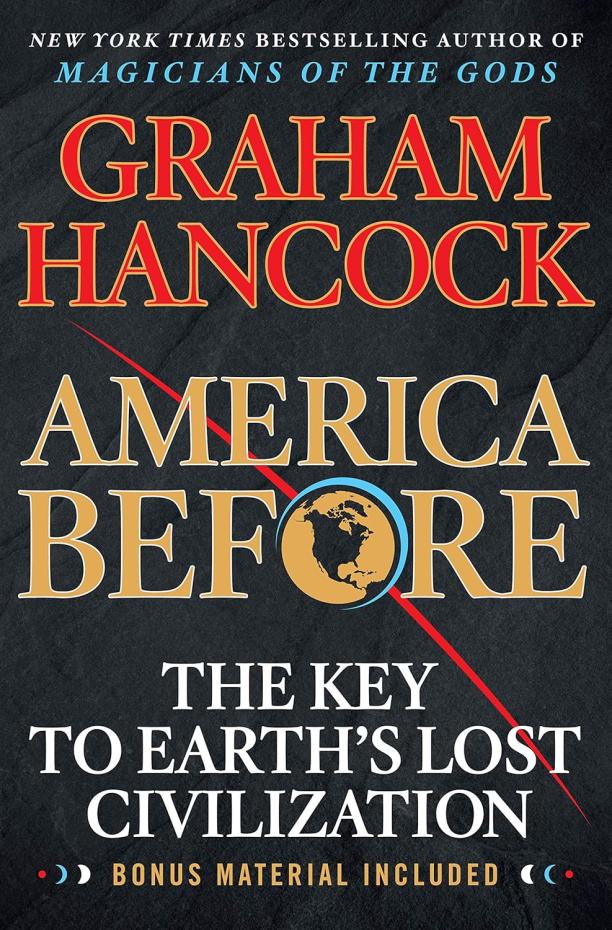
America Before
The Key to Earth's Lost Civilization
Graham Hancock
The book explores the possibility of a lost advanced civilization in the Americas that predates known indigenous cultures, drawing on archaeological evidence, mythological narratives, and astronomical data. It challenges the conventional timeline of human development and suggests that significant historical events, such as the Younger Dryas impact hypothesis, could have played a role in shaping early human history on the continent.
See full summary
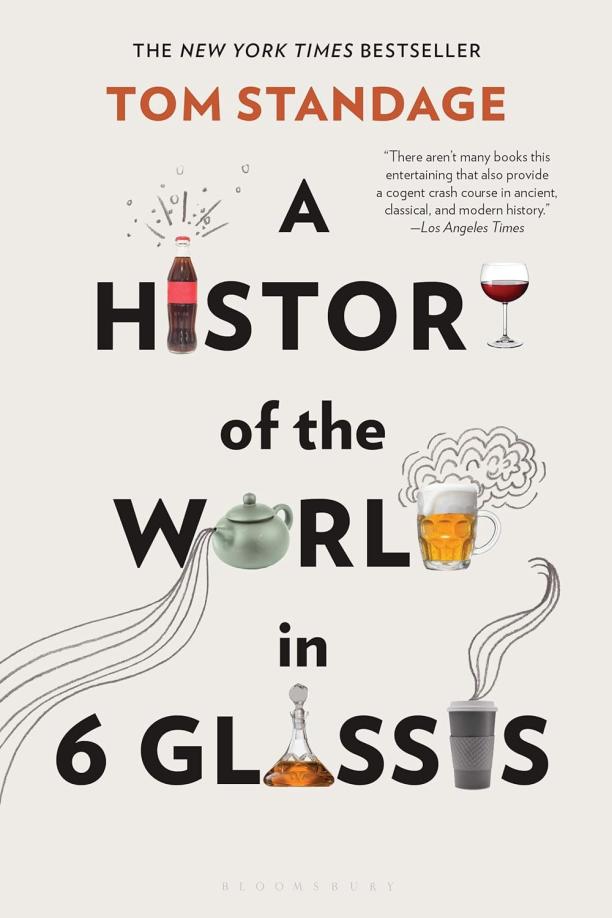
A History of the World in 6 Glasses
Tom Standage
The book explores the history of human civilization through the lens of six beverages that have significantly influenced culture and society: beer, wine, spirits, coffee, tea, and cola. It examines how these drinks have shaped social structures, trade, politics, and cultural norms from ancient times to the modern era.
See full summary
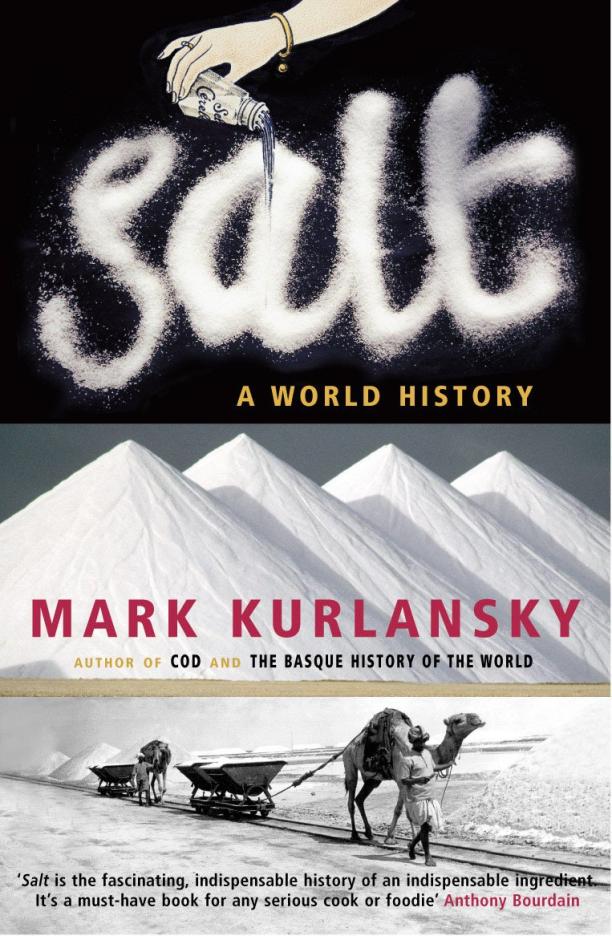
Salt
A World History
Mark Kurlansky
The book traces the impact of salt, an essential mineral, on civilization throughout history, exploring its influence on economics, politics, and culture. It delves into the ways salt has shaped trade routes, provoked wars, and been pivotal in the development of cities and the preservation of food.
See full summary
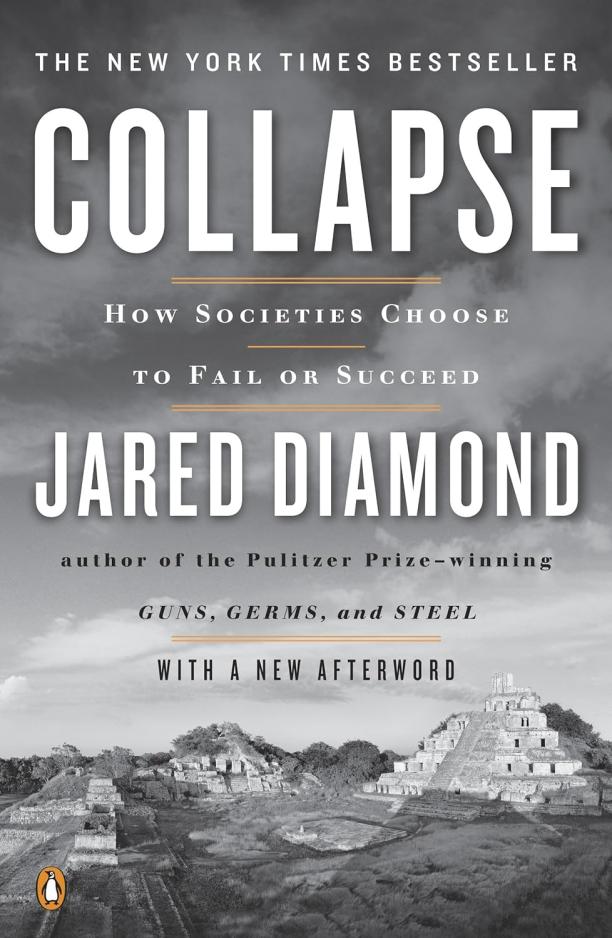
Collapse
How Societies Choose to Fail or Succeed: Revised Edition
Jared Diamond
The book examines a range of past civilizations to understand why some societies collapsed due to environmental and other challenges while others found ways to survive. It explores the interplay between environmental factors, political decisions, and social strategies, drawing lessons on how contemporary societies might avoid similar downfalls.
See full summary
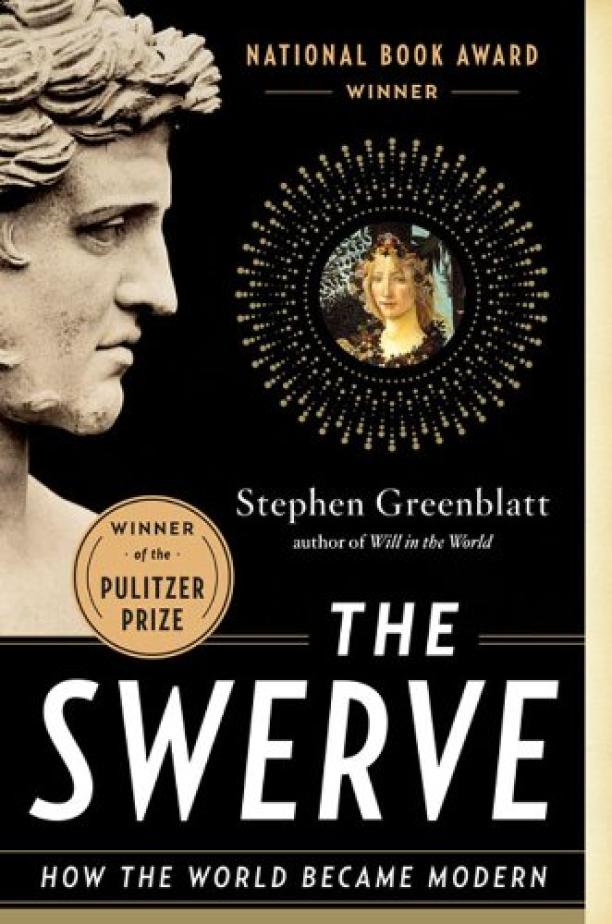
The Swerve
How the World Became Modern
Stephen Greenblatt
The book chronicles the discovery of Lucretius's ancient poem "On the Nature of Things" by the Renaissance book hunter Poggio Bracciolini, and explores its profound impact on the development of modern thought, science, and culture by reintroducing vital ideas from Epicureanism. It argues that the rediscovery of this classical work contributed to the shift away from medieval scholasticism and towards humanism, helping to ignite the cultural movement that led to the Enlightenment.
See full summary
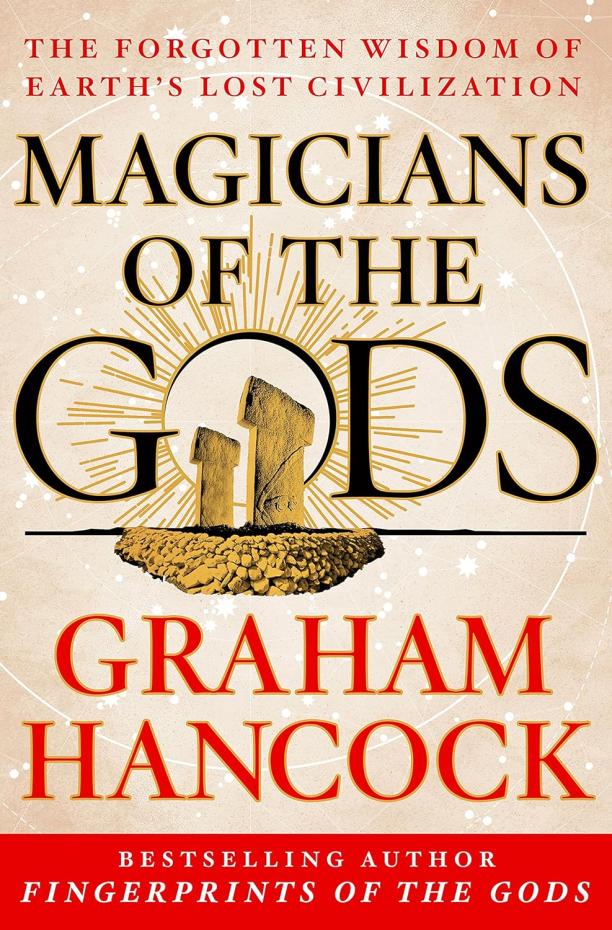
Magicians of the Gods
Sequel to the International Bestseller Fingerprints of the Gods
Graham Hancock
The book presents the author's theory that a global cataclysm caused by a comet impact around 12,000 years ago led to the destruction of an advanced civilization, which he suggests is remembered in myths and monuments around the world. It explores archaeological sites and ancient texts to argue for a lost chapter in human history, suggesting that survivors of this civilization passed on their knowledge to hunter-gatherer societies, leading to the rapid rise of new civilizations.
See full summary

A Little History of the World
E. H. Gombrich
The book presents a concise narrative of world history, aimed at younger readers, covering events from the Stone Age to the 20th century. It weaves together stories of civilizations, human progress, and key historical figures in an accessible and engaging manner.
See full summary
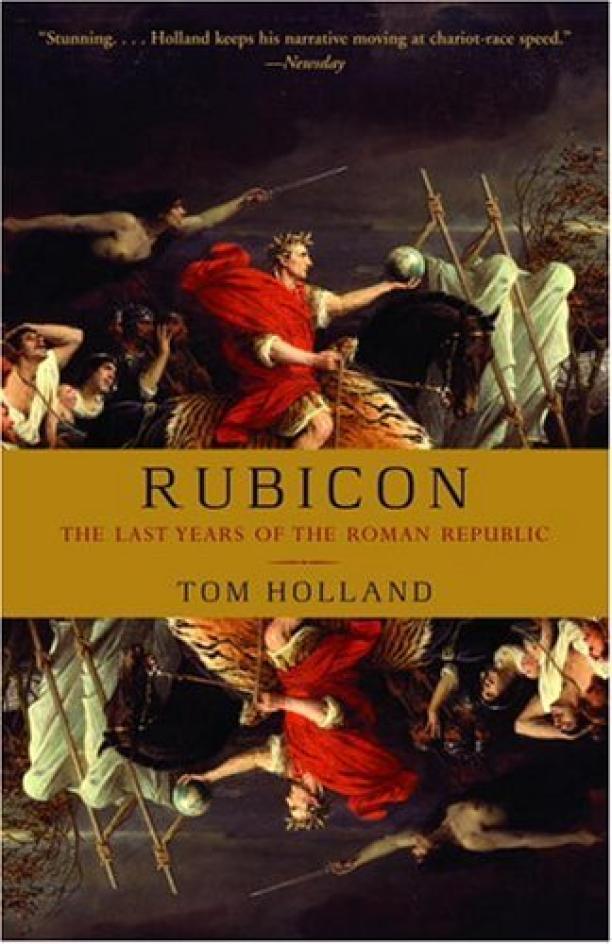
Rubicon
The Last Years of the Roman Republic
Tom Holland
The book chronicles the tumultuous period leading up to the fall of the Roman Republic, detailing the rise of key figures like Julius Caesar, Pompey, and Cicero, and the political machinations that led to the end of republican governance. It delves into the social, military, and political events of the era, culminating in Caesar's crossing of the Rubicon River, which marked a point of no return for Rome's political landscape.
See full summary
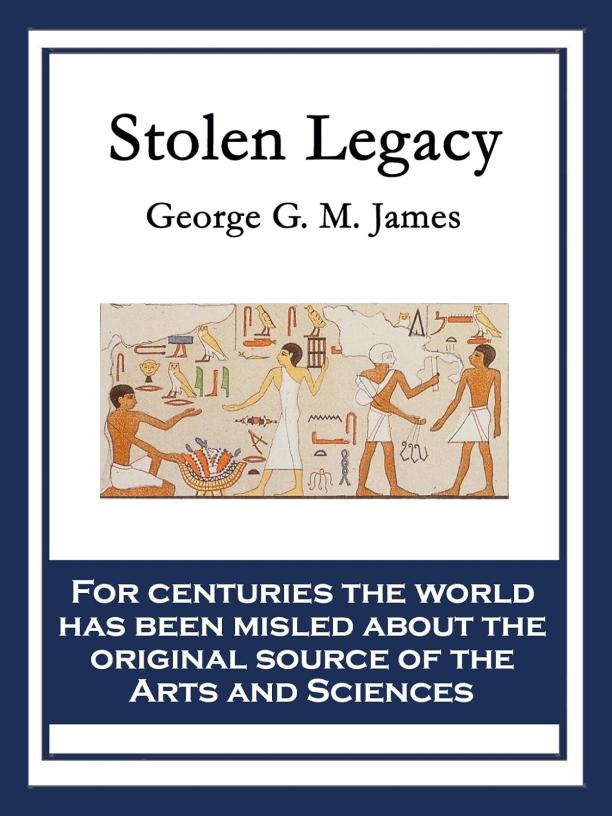
Stolen Legacy
George G. M. James
The book argues that ancient Greek philosophy originated in ancient Egypt and was appropriated by the Greeks, contending that the so-called Greek philosophers were not the true authors of their doctrines but rather translated and plagiarized the teachings of African priests and scholars. It seeks to establish the African roots of Western philosophical thought and to challenge the Eurocentric narrative of intellectual history.
See full summary